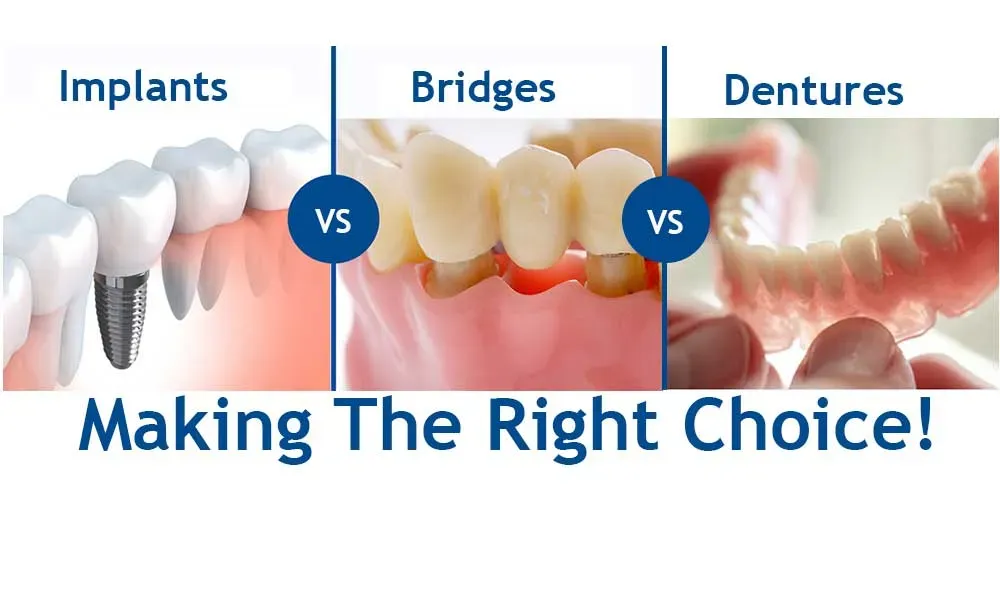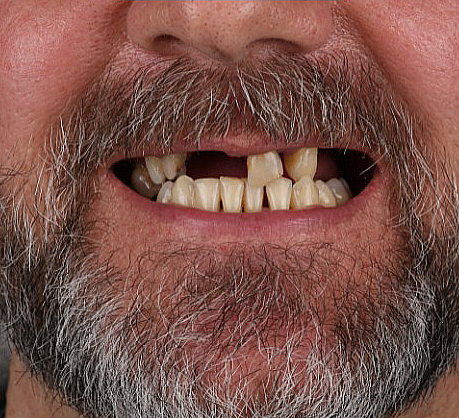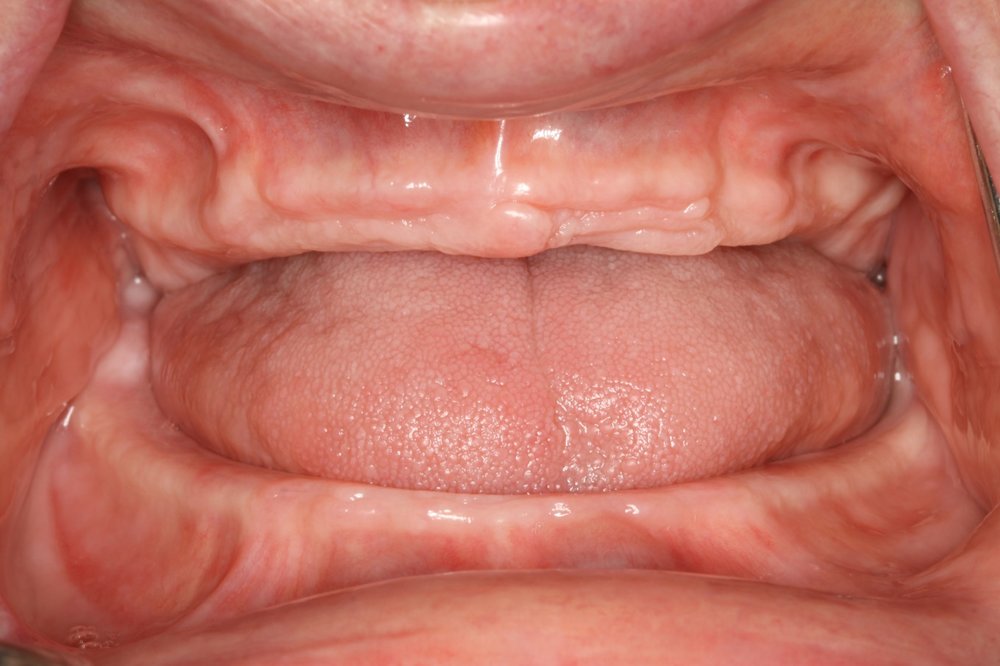In This Article
Introduction:
This is David and I am a dental implant educator at Chicago Implant Studio. In this article I will answer one of the common questions I get from patients at the consultation appointment with our implant specialist “Impact on adjacent teeth: Dental implants vs dentures”
Understanding Dental Implants:
Dental implants are permanent tooth replacements that consist of a titanium post surgically inserted into the jawbone. This post acts as an artificial tooth root, providing a sturdy foundation for a dental crown. Since implants are anchored in the jaw, they have minimal impact on adjacent teeth.
Impact on Adjacent Teeth:
One of the significant advantages of dental implants is that they don’t rely on neighboring teeth for support. Unlike dentures, which may exert pressure on nearby teeth, implants stand independently. This means that adjacent teeth remain unaffected by the presence of dental implants, preserving their natural integrity. Dental implants don’t affect the adjacent teeth at all.
Additionally, dental implants stimulate the jawbone, preventing bone loss that typically occurs when a tooth is missing. This helps maintain the overall stability and health of the surrounding teeth, reducing the risk of further tooth loss.
Understanding Dentures:
Dentures, on the other hand, are removable dental appliances designed to replace multiple missing teeth. They consist of artificial teeth set in a pink acrylic base that rests on the gums. While dentures can provide functional and aesthetic benefits, they may have certain implications for adjacent teeth.
Impact on Adjacent Teeth:
Unlike dental implants, dentures rely on neighboring teeth and gums for support and stability. Dentures exert pressure on these adjacent teeth, which can lead to gradual wear and potentially compromise their health over time. The clasps or attachments used to hold the dentures in place may also put stress on surrounding teeth.
Furthermore, the bone loss that occurs over time due to the absence of tooth roots can affect the stability of adjacent teeth. This can result in shifting or misalignment of these teeth, leading to potential oral health issues.
Choosing the Right Option:
When considering dental implants or dentures, it’s essential to consult with a qualified dental professional who can assess your specific needs. Factors such as jawbone health, the number of missing teeth, and overall oral condition will influence the recommended treatment.
For individuals concerned about the impact on adjacent teeth, dental implants are often considered a superior option. Their ability to preserve the integrity of neighboring teeth and stimulate the jawbone makes them an attractive choice for many patients.
Conclusion:
When it comes to tooth replacement, dental implants and dentures are viable options, each with its own impact on adjacent teeth. Dental implants offer stability and independence, while dentures rely on neighboring teeth for support. Considering the long-term effects on the surrounding teeth is crucial when making a decision.
Ultimately, consulting with a dental professional is essential to determine the best solution for your specific needs. By weighing the pros and cons of dental implants and dentures and understanding their impact on adjacent teeth, you can make an informed choice to restore your smile and maintain optimal oral health.
Remember, a healthy smile is a beautiful smile!
Our all-inclusive pricing for implants is very competitive compared to all reliable implant centers in Chicago. We understand the challenges faced to pay for premium quality dental implant care and for the same reason we provide zero percent or minimal interest rates financing to make the process affordable. Schedule a free consultation online today or call us at (331) 257-7999. Chicago Implant Studio is a specialty dental implant office that provides dental implants in North Aurora, Montgomery, Oswego, Yorkville, Bolingbrook, Joliet, Batavia, Plainfield, Naperville, Aurora, Illinois (IL).






